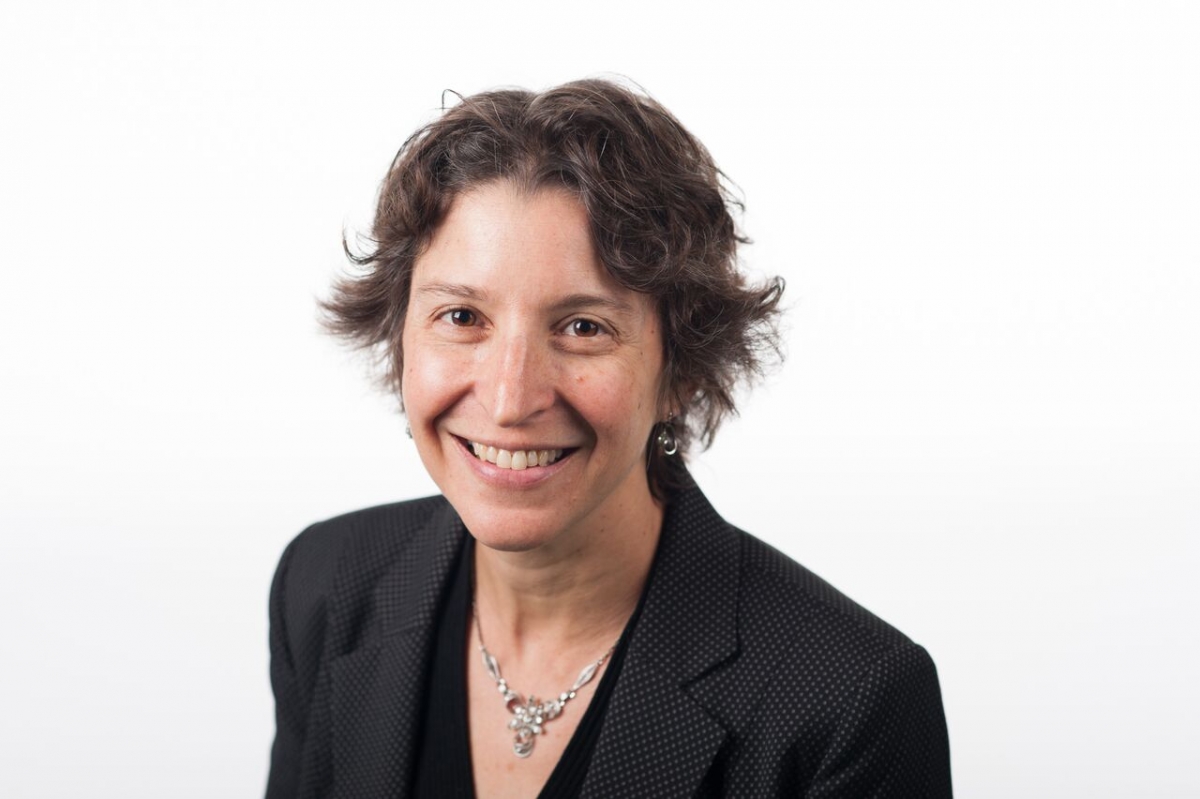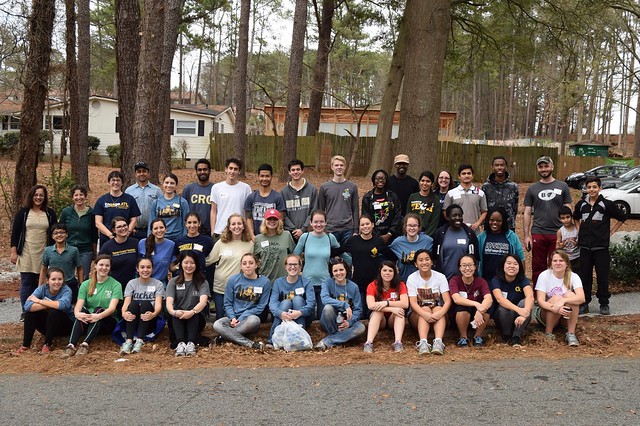About Us
Serve-Learn-Sustain is a campus-wide academic initiative working with all six colleges to offer students opportunities inside and outside the classroom to collaborate with diverse partners – across the community, non-profit, government, academic, and business sectors – on key sustainability challenges. Through SLS, students use the knowledge and skills they are acquiring at GT to help “create sustainable communities.”
SLS actively participates in two professional networks: AASHE (Association for the Advancement of Sustainability in Higher Education) and the Global RCE Network (Regional Centres of Expertise on Education for Sustainable Development, affiliated with United Nations University).
Our Mission
-
SLS educates students through classroom, co-curricular, and real-world learning, on campus and off, to contribute to the task of "creating sustainable communities"
-
SLS builds the capacity of faculty to (a) teach sustainable communities-related courses, and (b) collaborate with diverse partners on their research
-
SLS facilitates GT participation in partnerships that bring together key partners - from government, community, nonprofit, academic, and business sectors - for joint learning, research, and action
Our Vision
-
Georgia Tech graduates are using their disciplinary expertise to help “create sustainable communities” where humans and nature flourish, now and in the future
-
Universities around the globe are asking, “What does Georgia Tech think?” about the role that a technological institute can play in creating sustainable communities
-
Students are choosing to come to Georgia Tech partly to participate in Serve-Learn-Sustain

Jennifer Hirsch
Senior Director
Center for Sustainable Communities Research and Education
Dr. Hirsch is an applied cultural anthropologist specializing in community sustainability, cultural diversity, experiential education, and network building. She is recognized nationally for fostering grassroots participation in sustainability, climate, and energy action planning and implementation, using a unique combination of methodologies from anthropology, popular education, asset-based community development, participatory facilitation, and museum education.
